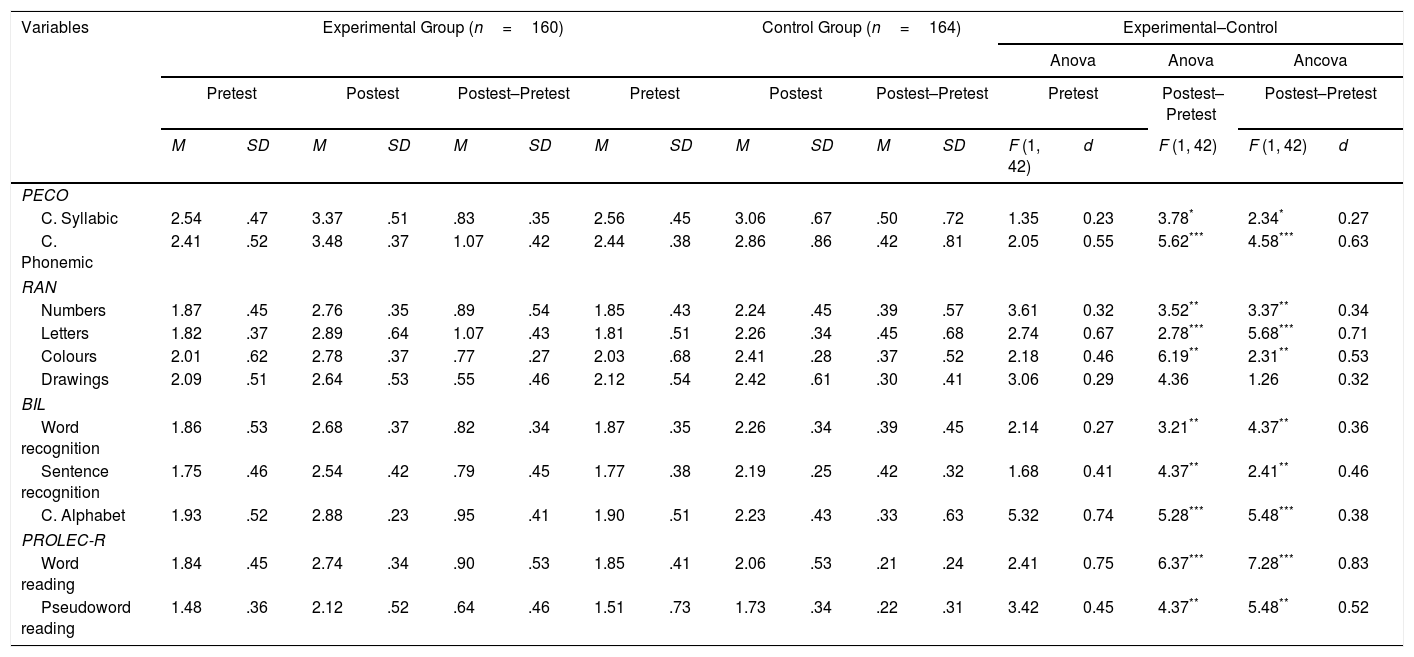The learning of reading is a priority objective of educational systems, and it is increasingly necessary that families and educational communities share certain responsibilities. It is known that the family context has significant implications in this achievement, however, there are few studies aimed at analyzing the impact that family participation presents in the acquisition of reading through inclusive dynamics in the classroom. The purpose of this work was to study whether programmes focused on the development of pre-literacy skills through interactive groups with family participation favour access to the literacy process. A quasi-experimental design of comparison between groups with pretest and posttest measurements was used. The study involved 324 students aged between 5 and 6 years. The results support the teaching models that encourage family participation in the classroom for the improvement of reading learning.
El aprendizaje de la lectura constituye un objetivo prioritario de los sistemas educativos, y es cada vez más necesario que las familias y las comunidades educativas compartan determinadas responsabilidades. Se sabe que el contexto familiar tiene implicaciones significativas en este logro; sin embargo, son escasos los estudios orientados a analizar el impacto que la participación familiar presenta en la adquisición de la lectura a través de dinámicas inclusivas en el aula. El propósito de este trabajo se centra en estudiar si los programas orientados al desarrollo de las habilidades prelectoras mediante grupos interactivos con participación familiar favorecen el acceso al proceso de alfabetización. Se emplea un diseño cuasi-experimental de comparación entre grupos con medidas pretest y postest. En el estudio participan 324 estudiantes con edades comprendidas entre los 5 y los 6años. Los resultados apoyan los modelos de enseñanza que fomentan la participación familiar en el aula para la mejora del aprendizaje de la lectura.






